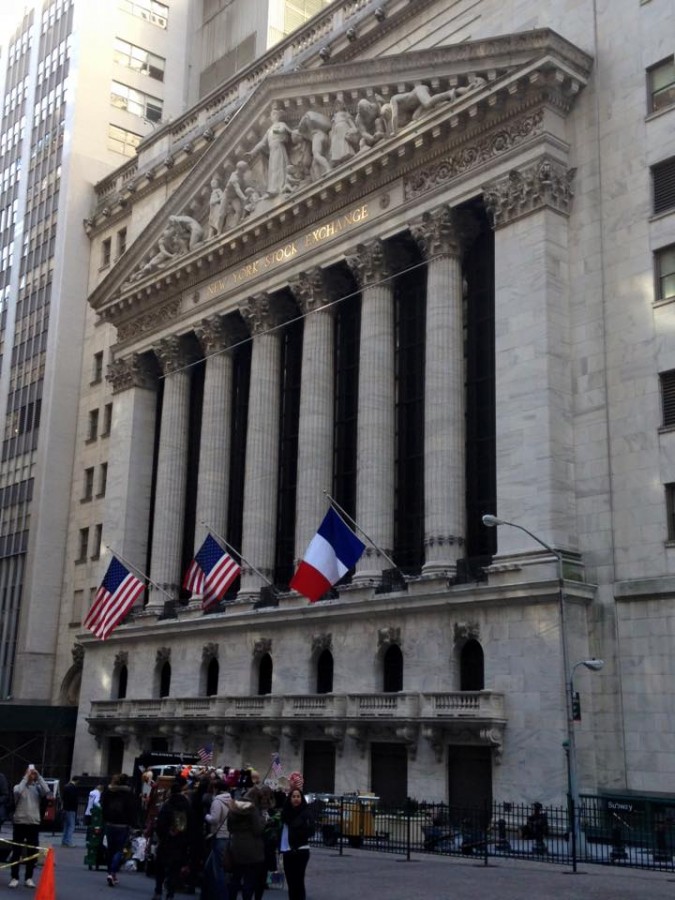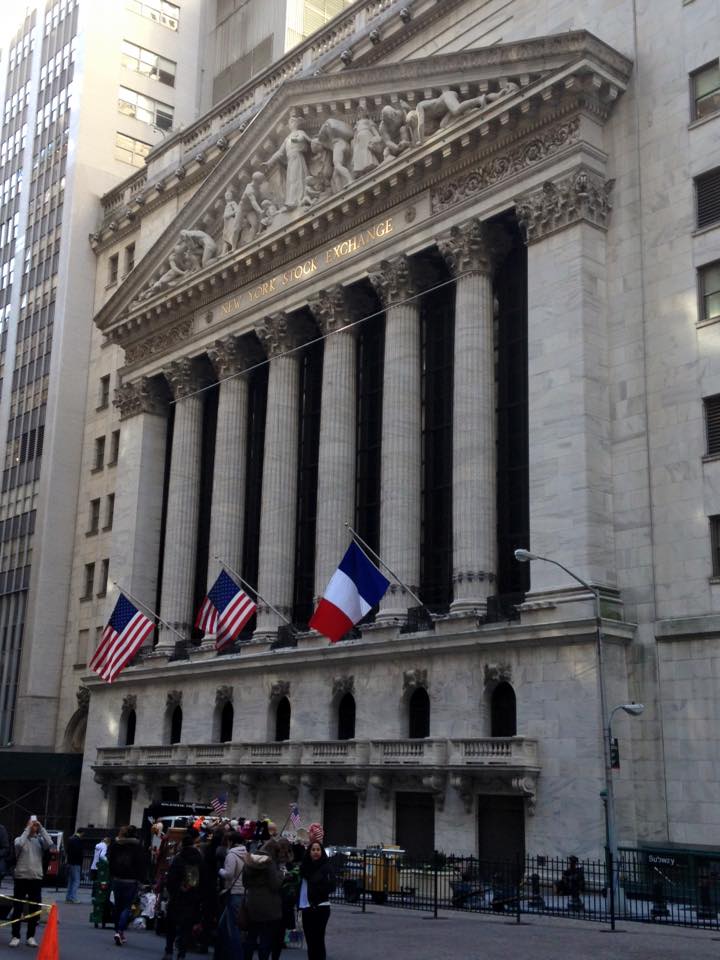
Foreign Investors See the Writing on the Wall, and The Word is Calamity
Talking to foreign fund managers about South Africa is sobering. I spent last week doing that in New York. Billions of dollars that were directed into our shares and bonds over the past two decades are being pulled out. The only fund managers who are smiling are those that have gone short on South African assets, […]

Talking to foreign fund managers about South Africa is sobering. I spent last week doing that in New York. Billions of dollars that were directed into our shares and bonds over the past two decades are being pulled out.
The only fund managers who are smiling are those that have gone short on South African assets, and there are many of those. This has meant big profits for them. Many are staying short, expecting things to become even worse.
There is hard economics at work. US interest rates are going to tick up soon, improving the returns that American capital can earn at home.
But the push factors are even more compelling.
While the weak rand should be a boost to our export-orientated industries, we’ve managed to compound the effect of low commodity prices with appalling policies.
Mining production shrank 4.8 percent in September, rounding off a 10 percent decline in the third quarter. Industrial production shrank 1.5 percent in the same quarter. Tourism arrivals are falling, particularly from what were major growth markets such as China and India.
These are all sections of the economy that should be responding vigorously to the rand’s record weakness, but they have been shot in the knee caps — tourism by the partly aborted visa regime; mining by uncertainty over long-delayed amendments to legislation; and the industrial sector by the government’s various threats to meddle in important parts of the supply chain, from steel to chicken.
So what next? To regain international faith, we need dramatic change, a change that promises a genuine commitment to restoring sensible economic policies and strong governance.
And let’s not mention the effect of electricity and water shortages. Of course, it’s not going to be all bad.
There are plenty of resourceful South African entrepreneurs who will figure out how to take advantage of the weak rand, some no doubt by exploiting the much better opportunities available in the rest of Africa.
But what should be a broad economic response stimulating output and employment is instead going to be isolated and opportunistic.
The people I met in New York often have had a long history of engagement with SA. They were at the table when Nelson Mandela asked the rest of the world to invest in SA. They were buyers when the Treasury won international awards for the sophistication of its bond-issuing programme. They applauded when the National Development Plan process led to a clear plan to solve the country’s challenges of poverty and inequality.
But their faith has been destroyed. They can see the writing on the wall. The economy is shrinking, corporate profits are falling. Unemployment is growing. Tax collection is going to struggle.
At the same time, the demands on the public purse have never been more potent.
Public servants, who number more than ever and make up the majority of the Congress of South African Trade Unions, will not accept below-inflation wage increases meekly. A culture of violent, determined, uncompromising labour relations will be satisfied only by giving into constant demands.
Meanwhile, unbudgeted-for demands from South African Airways and elsewhere just keep piling up.
The budget deficit is inevitably going to climb. That will make lenders to the government increasingly nervous about their risk. Ratings downgrades will be a symptom. It will become more expensive for the government to borrow, just as its need for debt grows. The only choice will be more desperate commitments to lenders to keep open the taps, leading eventually to the International Monetary Fund (IMF).
Maybe we will need the shock of public servants and welfare recipients simply not getting paid for the calamity to really be felt. Ghana recently provided a potent lesson in what happens next: effectively outsourcing your budget decisions to the IMF in return for its help.
The root cause of the problems is obvious: shockingly poor political leadership. Foreigners are watching when President Jacob Zuma appoints an unknown with connections to the Gupta family as mining minister. They are watching while Trade and Industry Minister Rob Davies cancels all SA’s bilateral investment treaties that aim to protect foreign investors’ interests. They are watching while our prosecuting authorities and police are captured by incompetents loyal to Zuma.
While South Africans are still living with the delusion of our own exceptionalism, the rest of the world has woken up from that daydream. We are merely one of about 200 countries in the world. Those who are not actively shorting South African assets have many other places to choose for their investments.
So what next? To regain international faith, we need dramatic change, a change that promises a genuine commitment to restoring sensible economic policies and strong governance. A change that will allow us to become a credible destination for international investors looking to back our growth story rather than short our failures.
Unfortunately, for that change to come, the whole country has to want it. And things may have to get much worse before that time will come.
This article is republished with permission of the author, Stuart Theobald of Intellidex, and first appeared in Business Day.